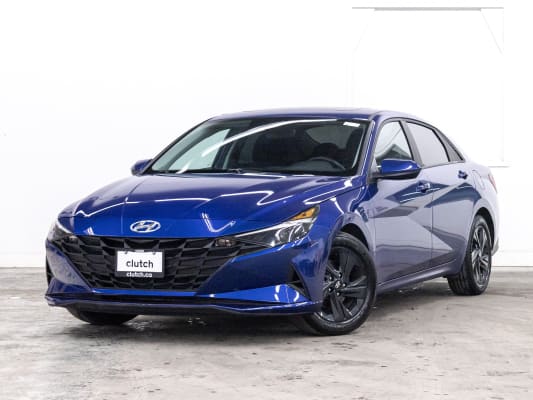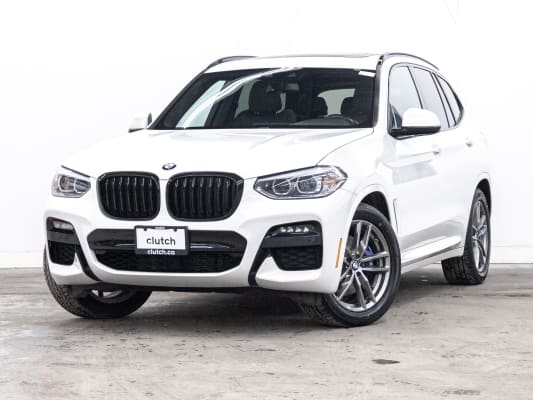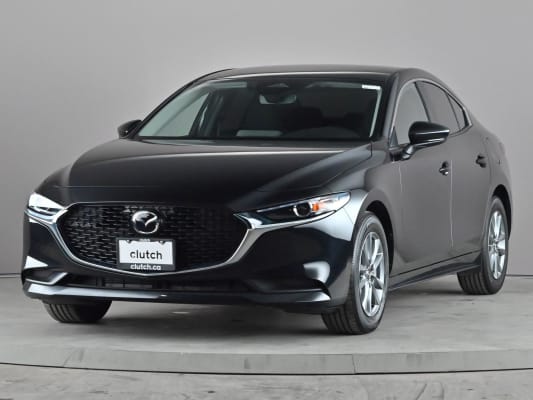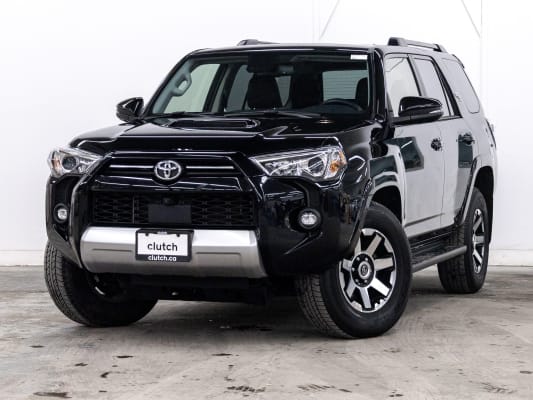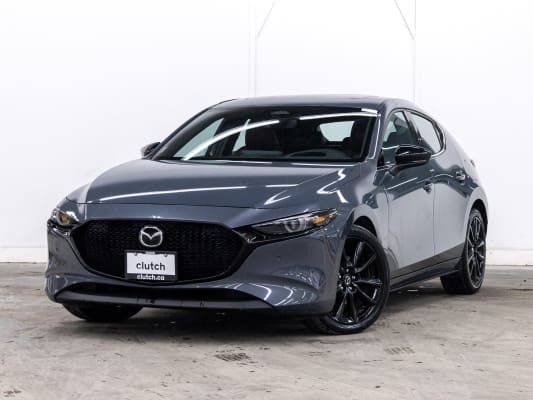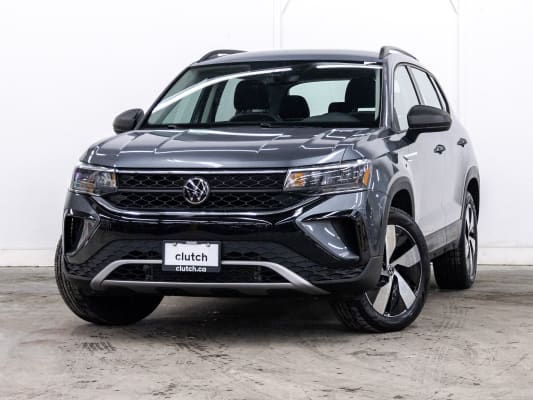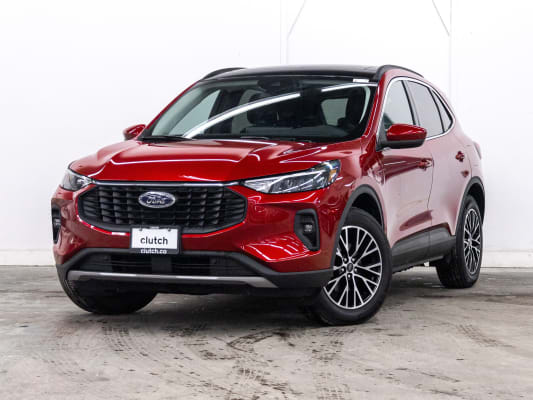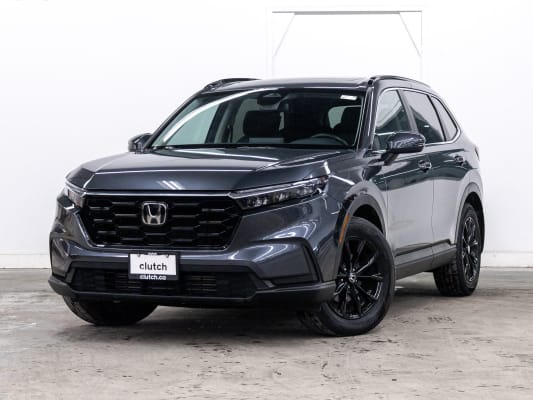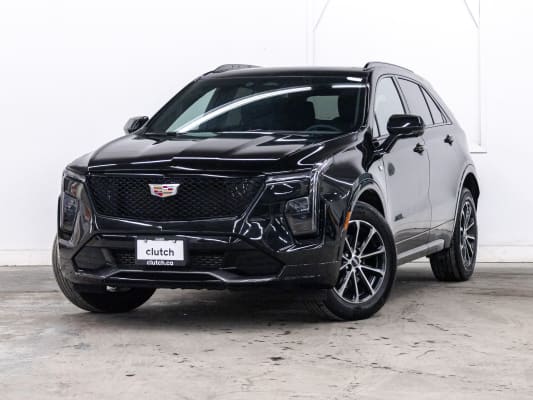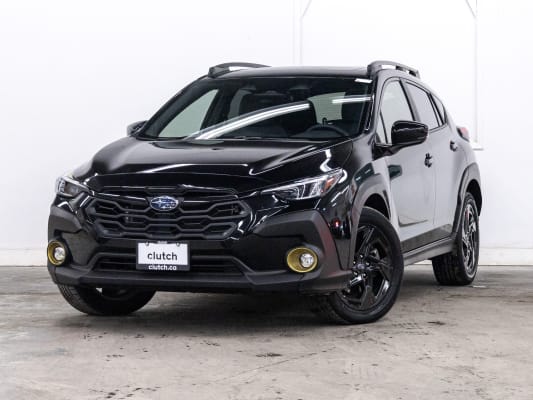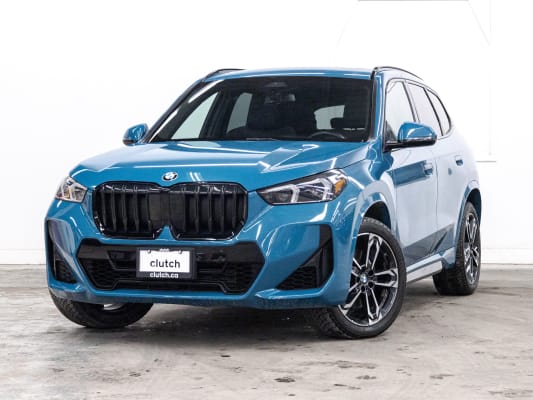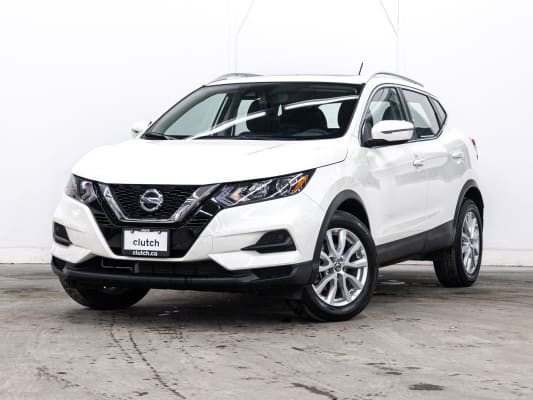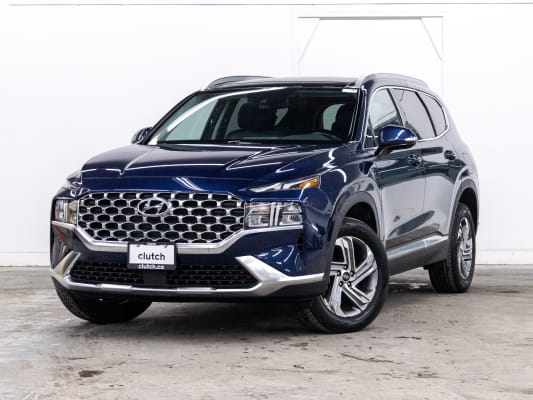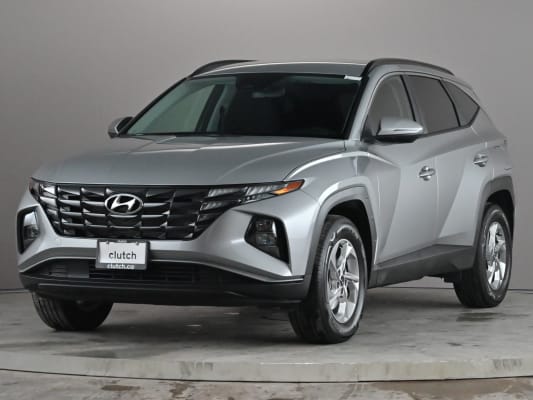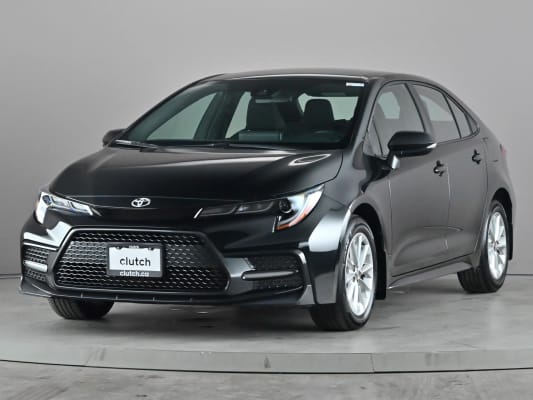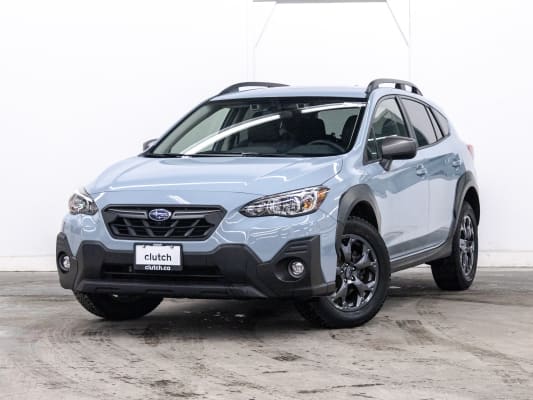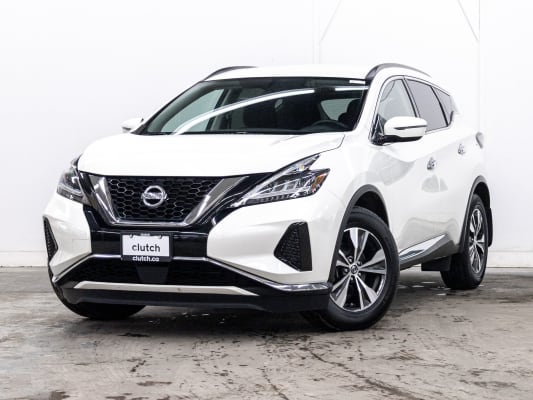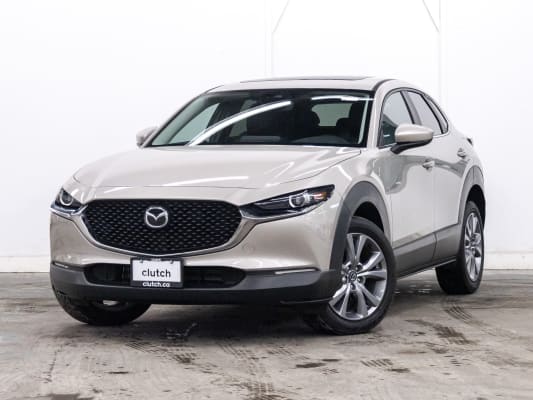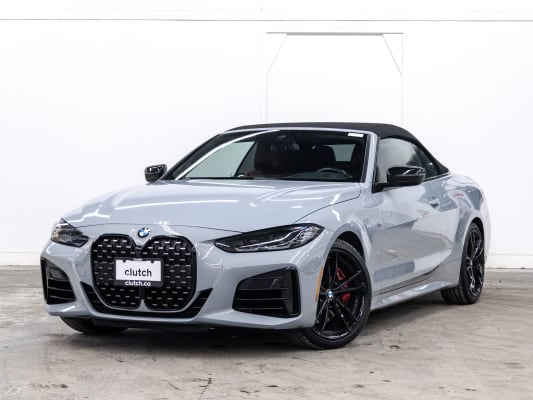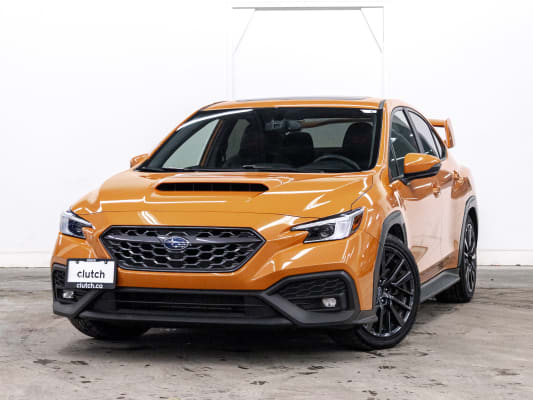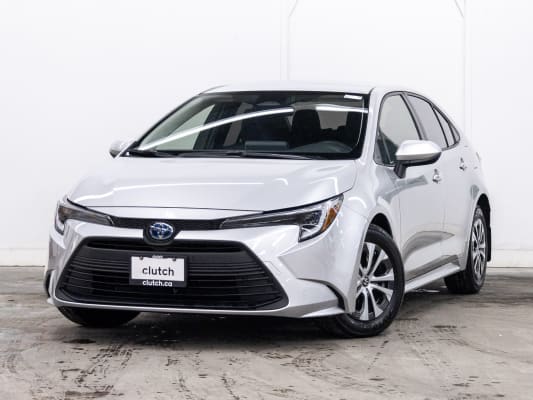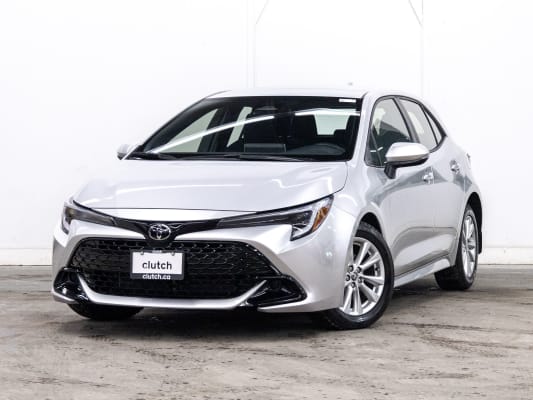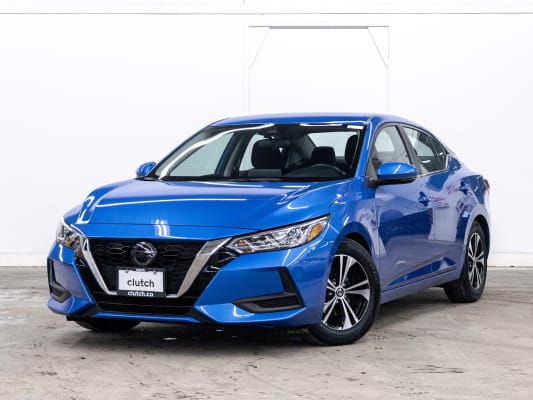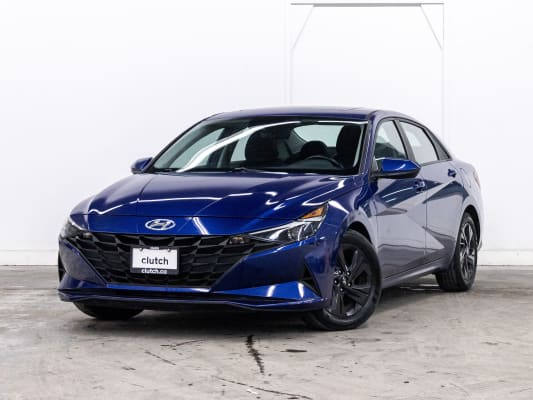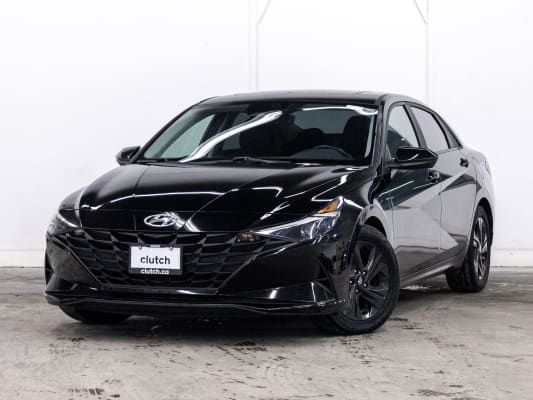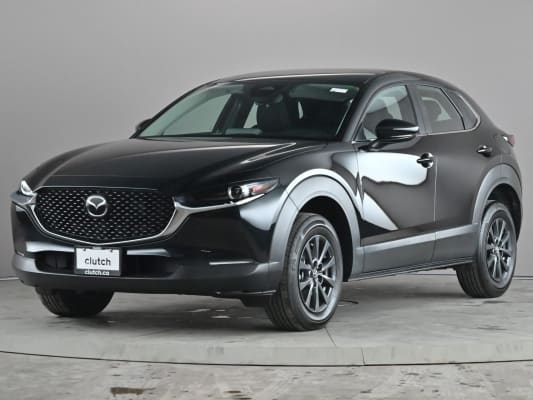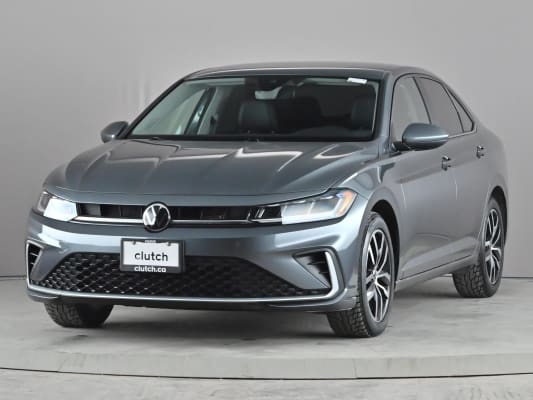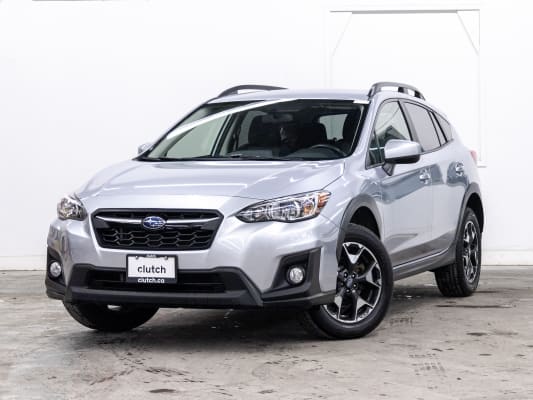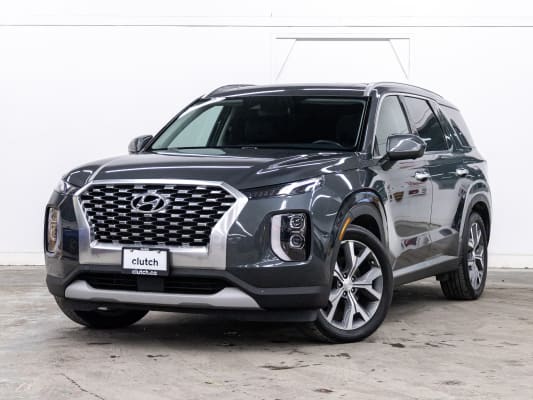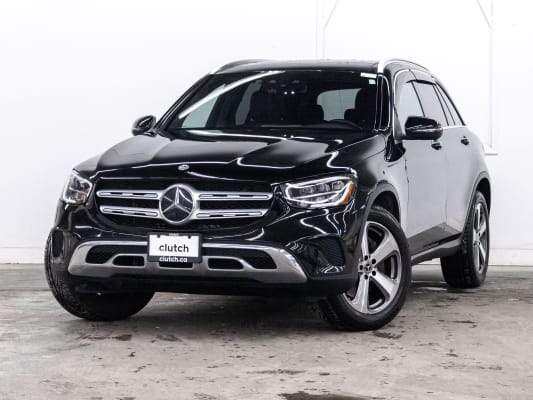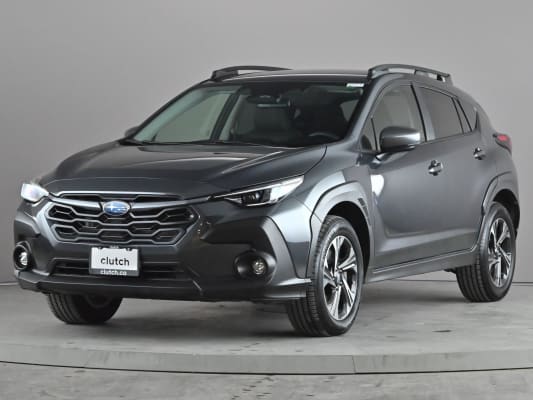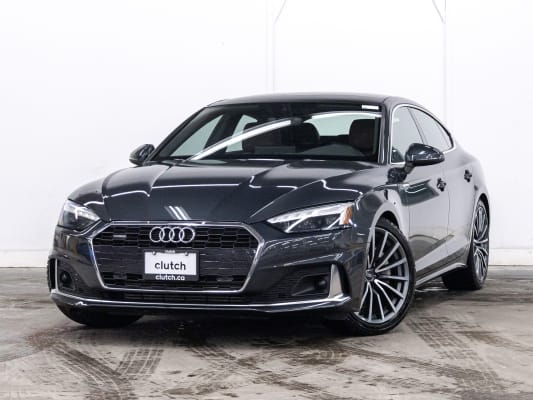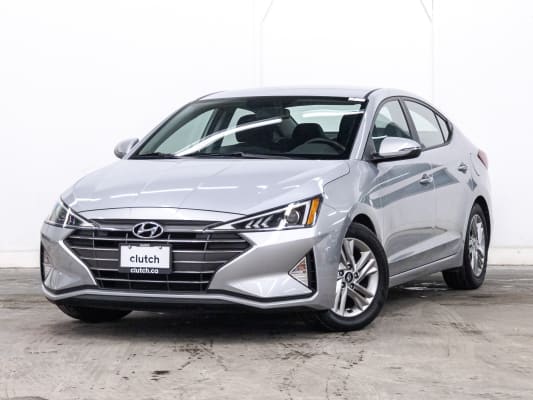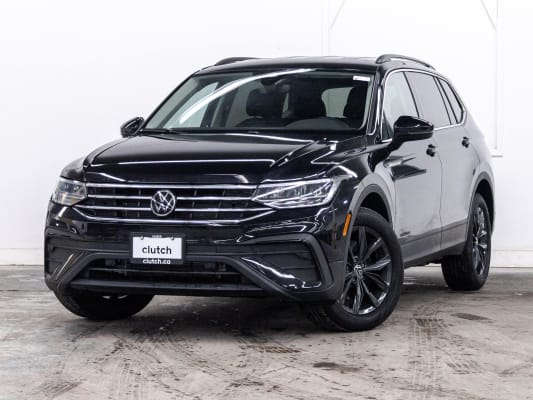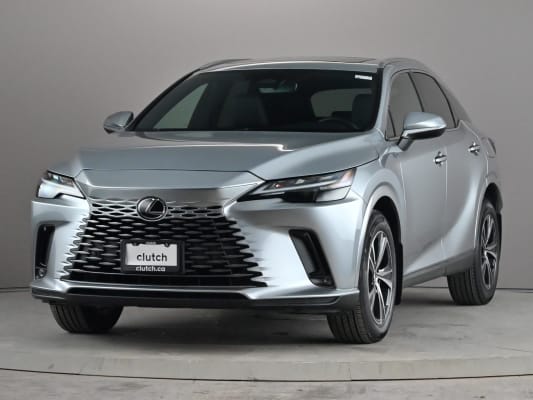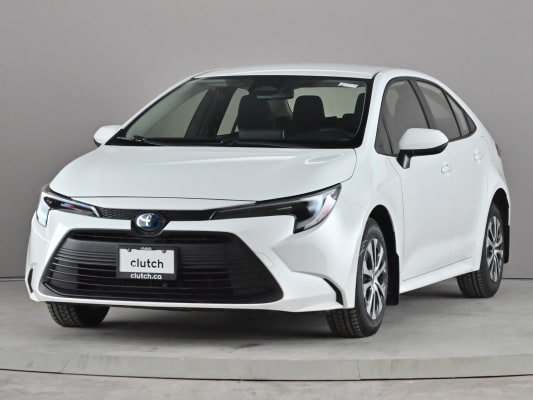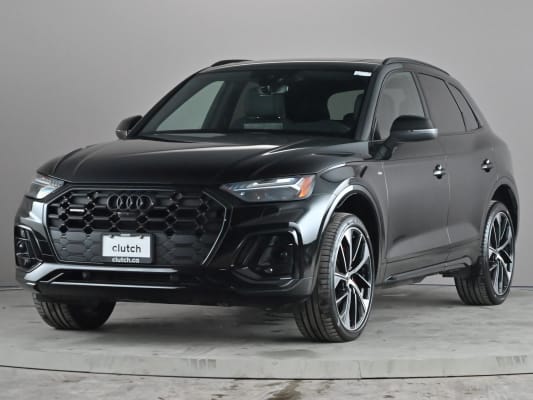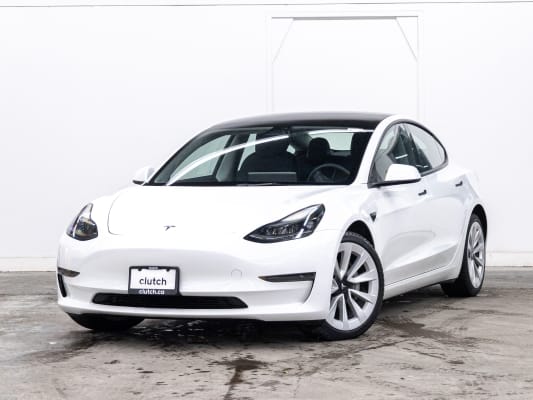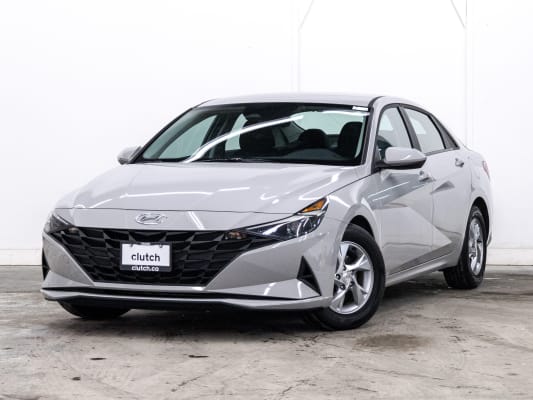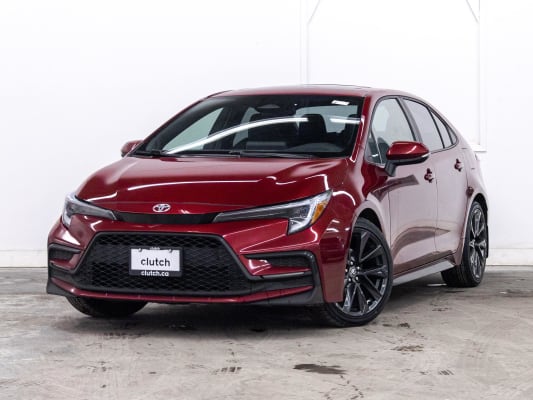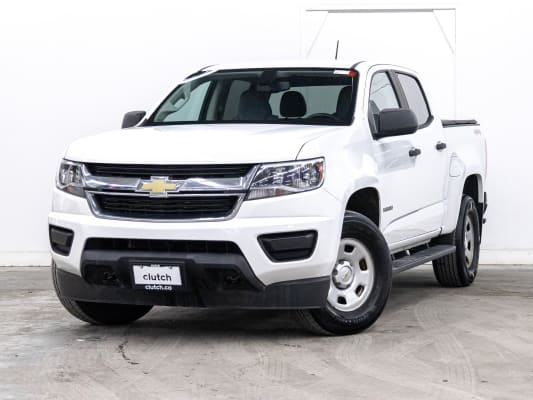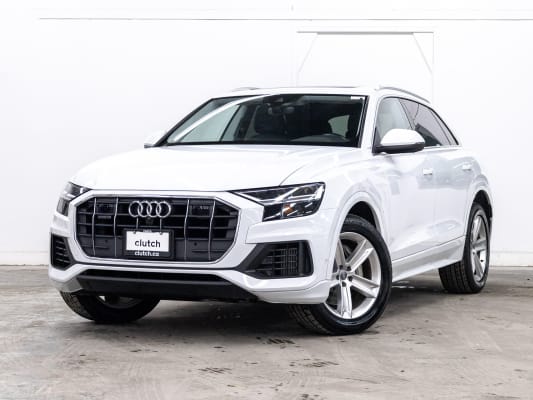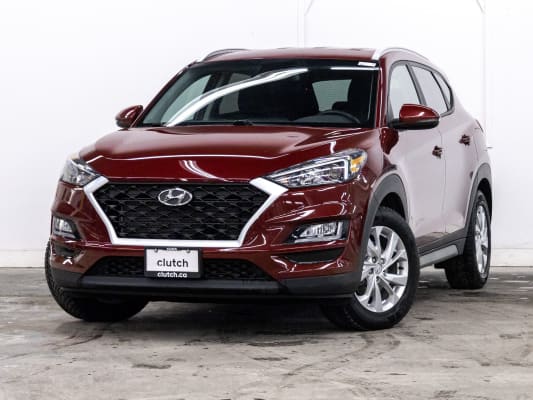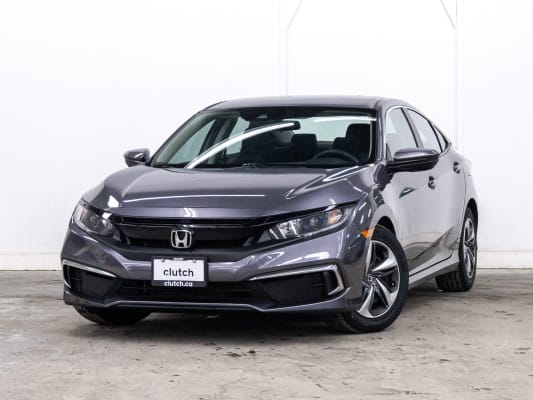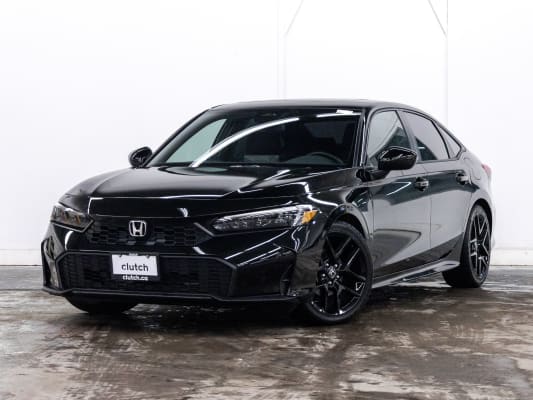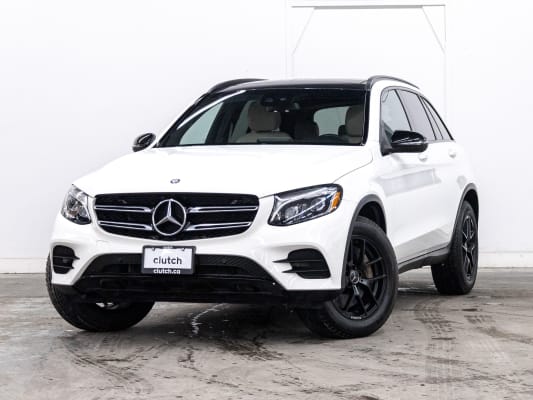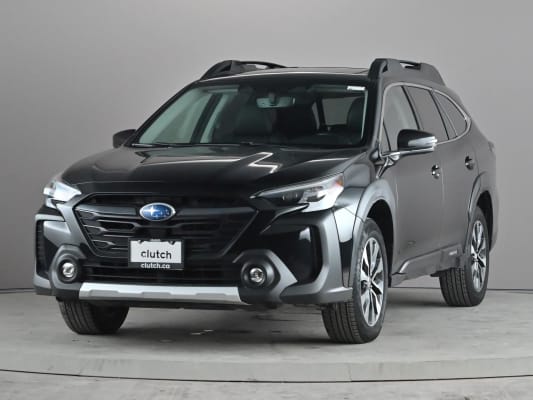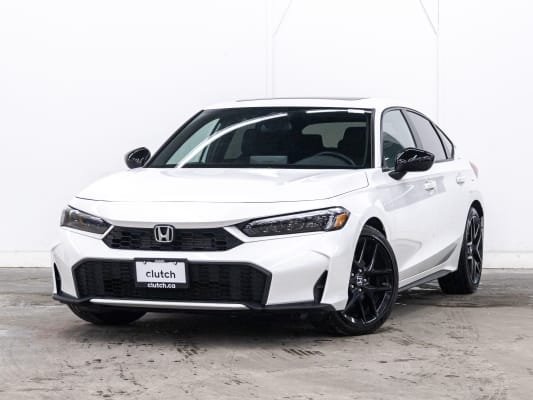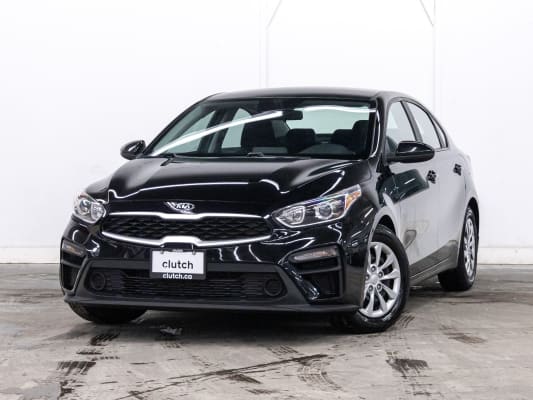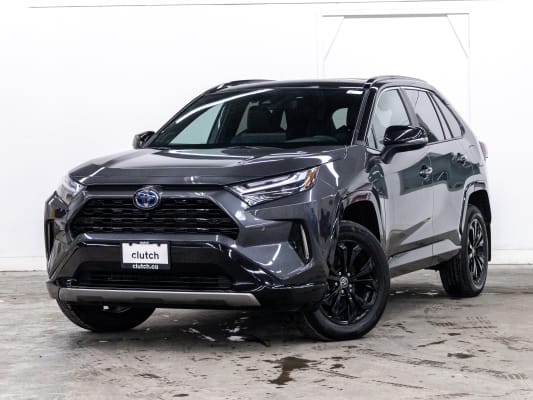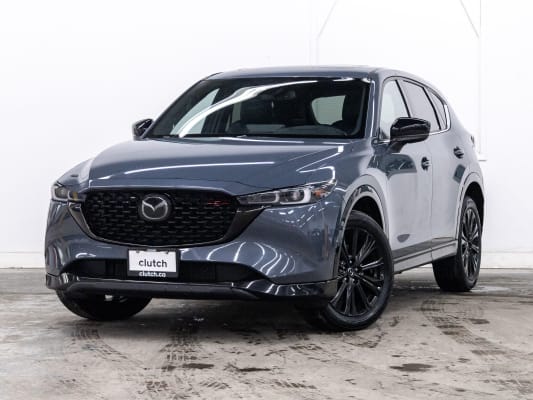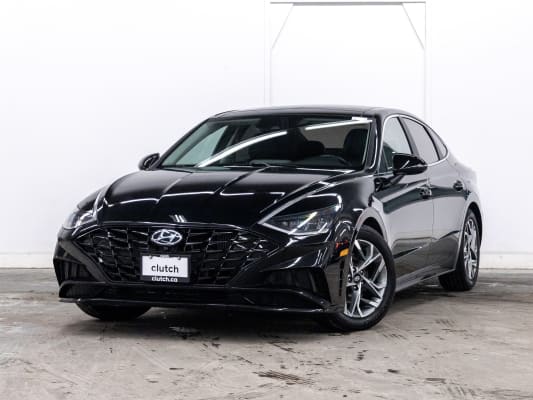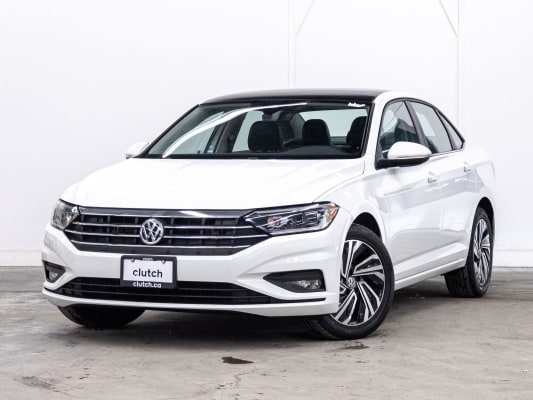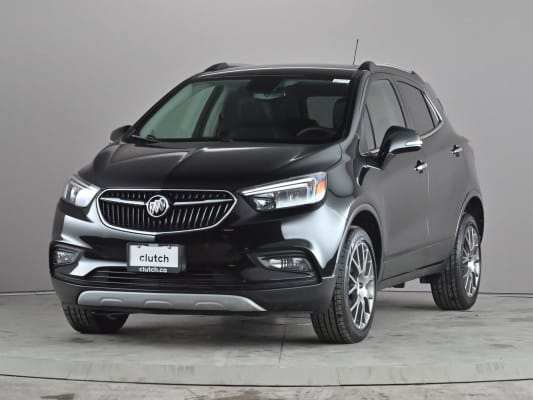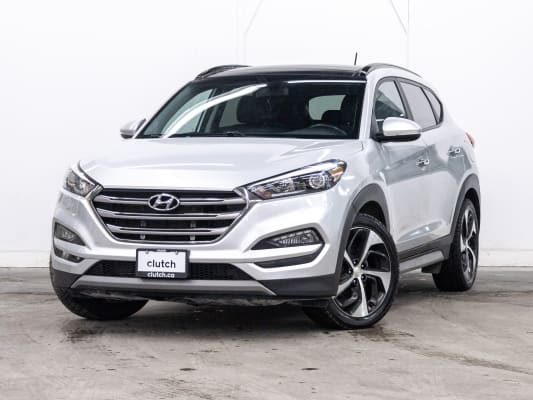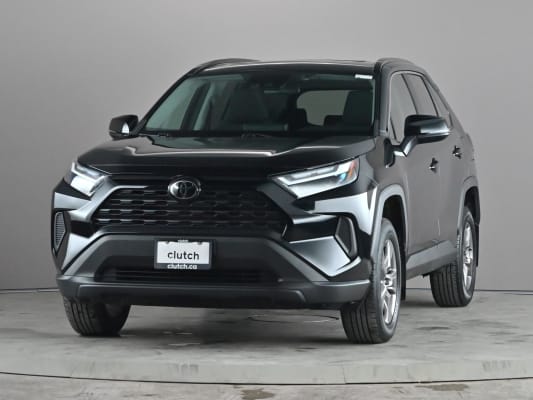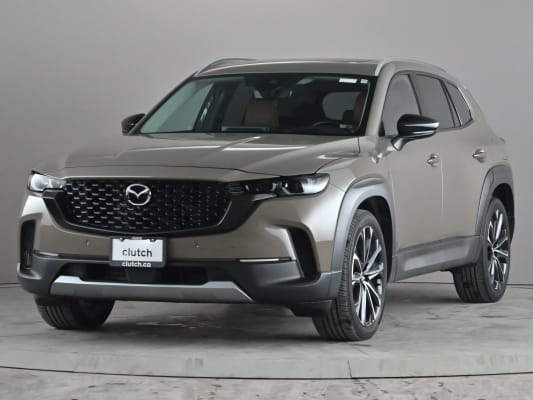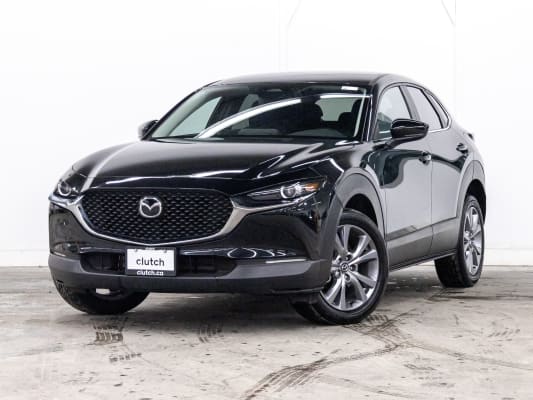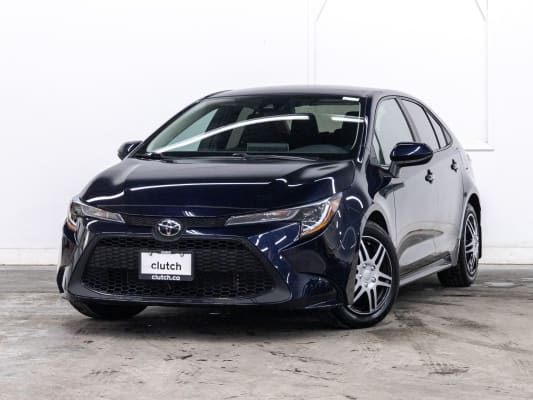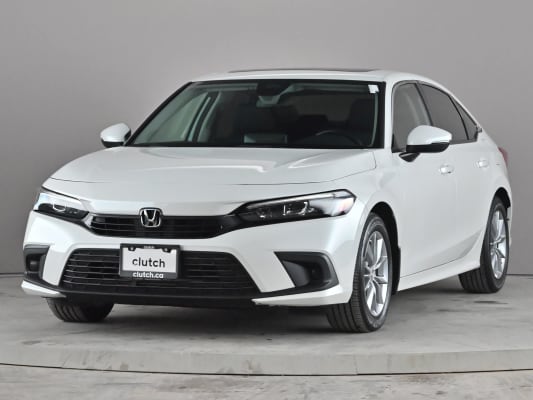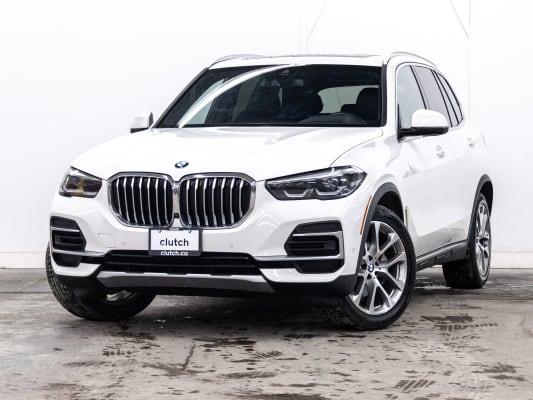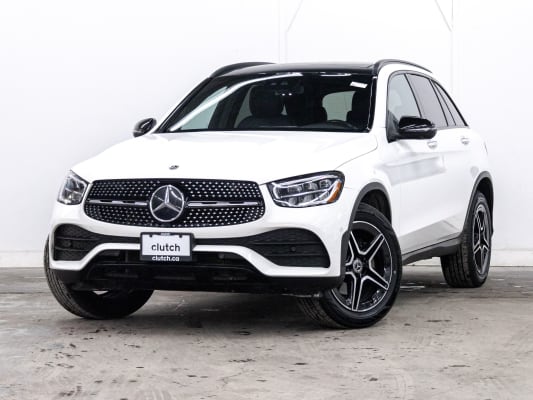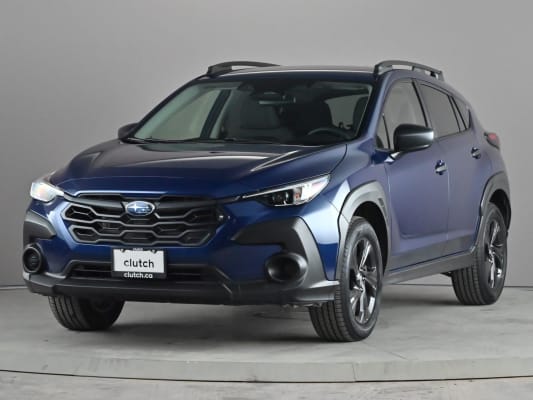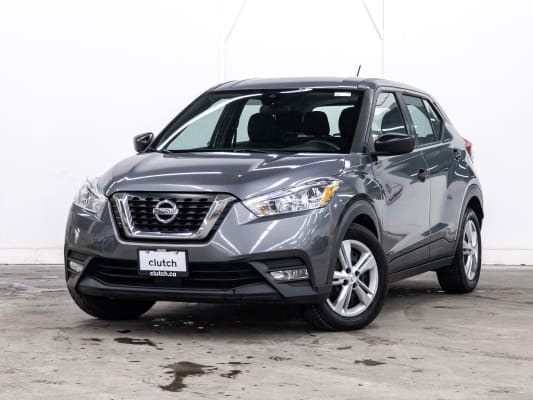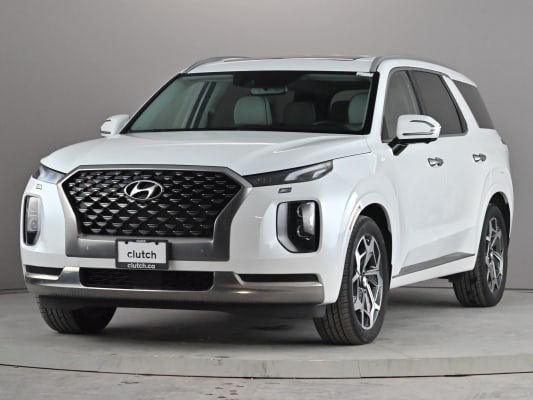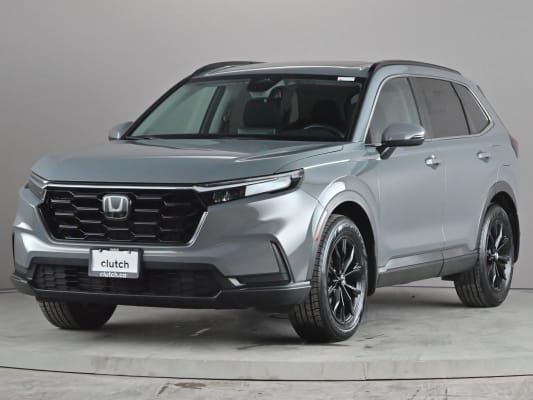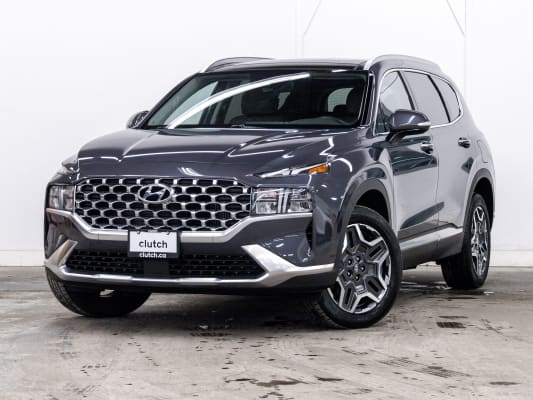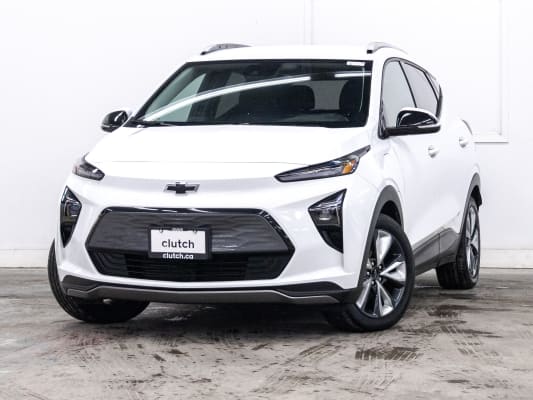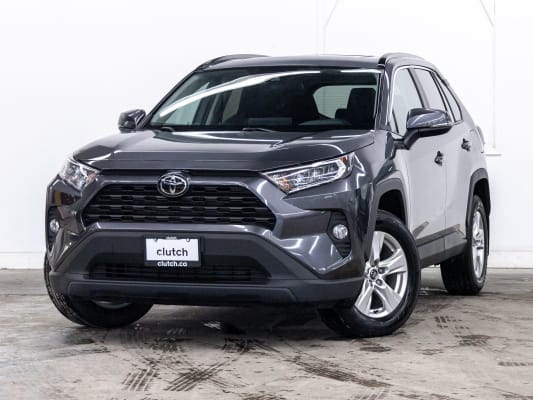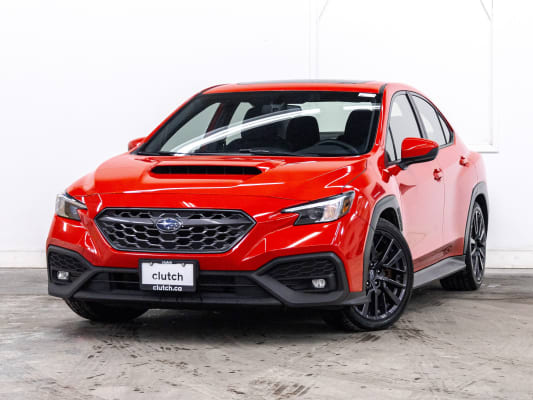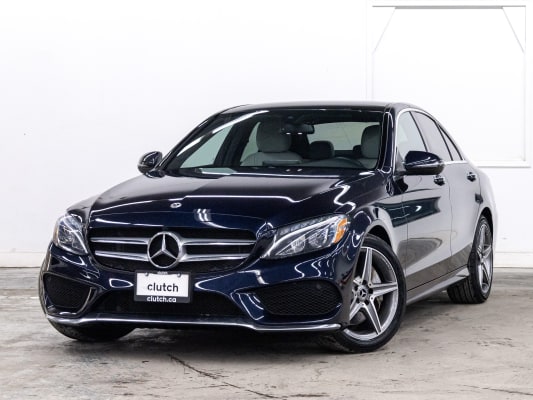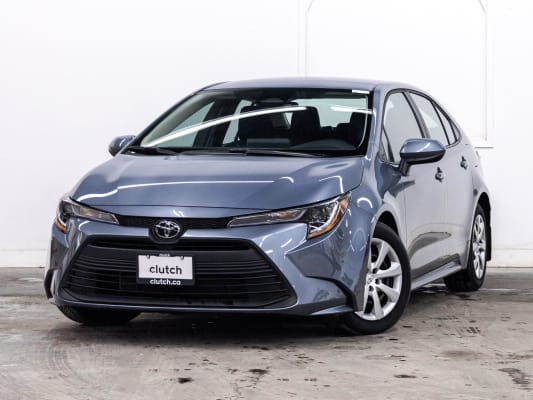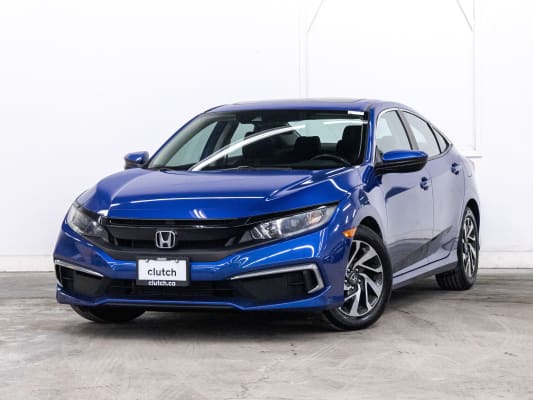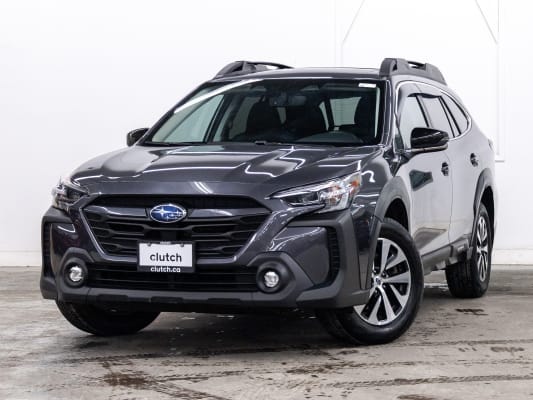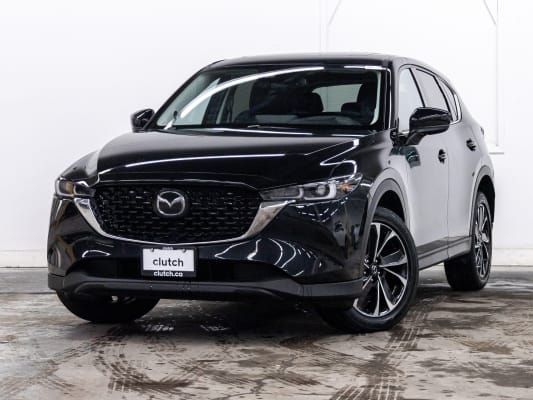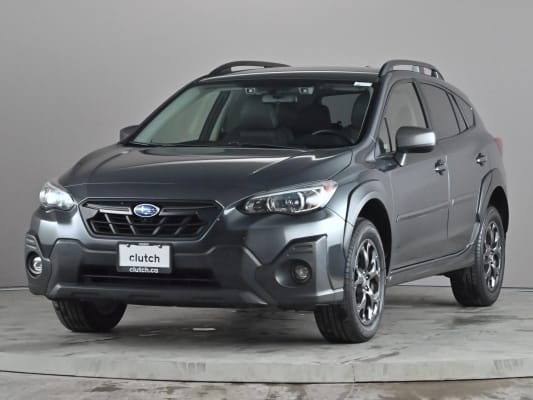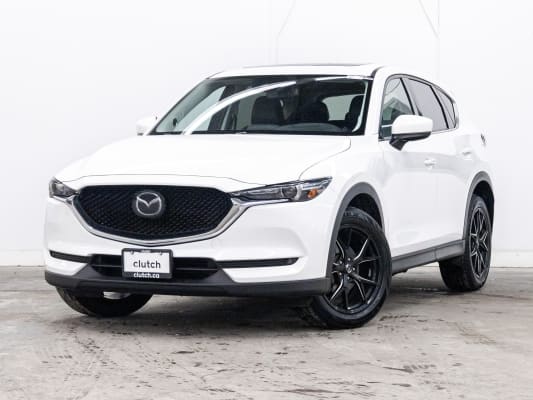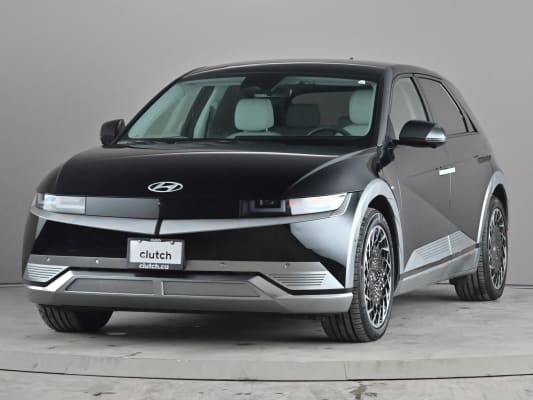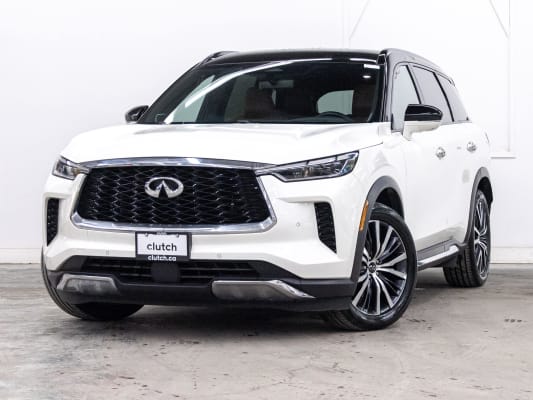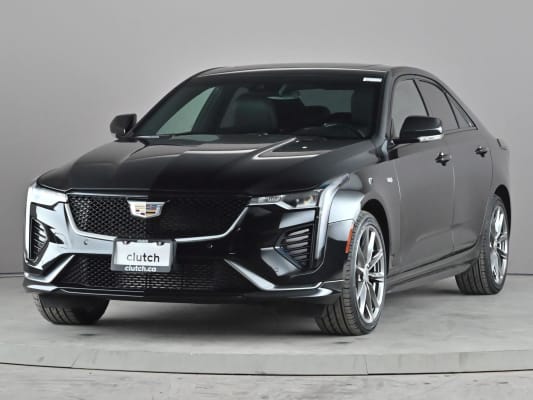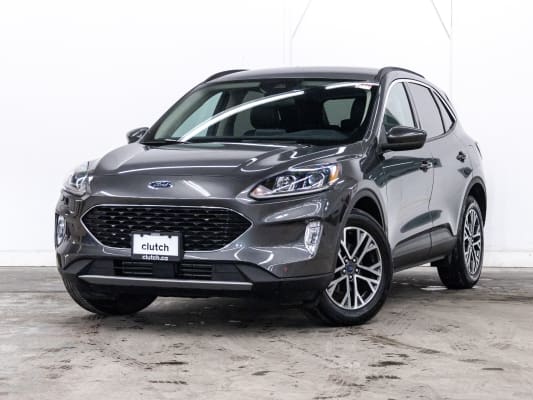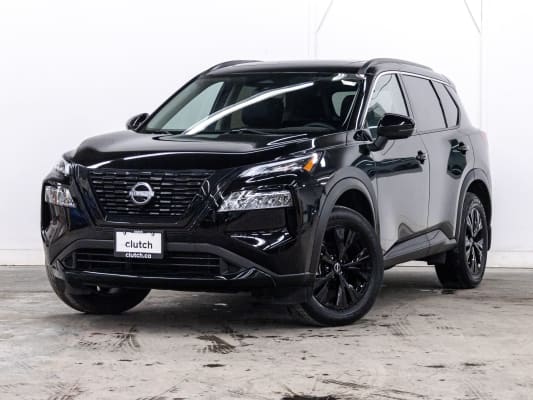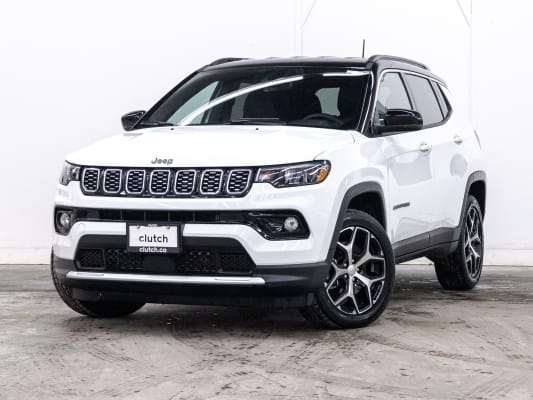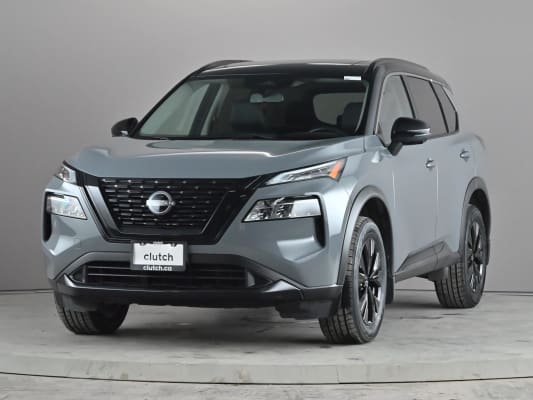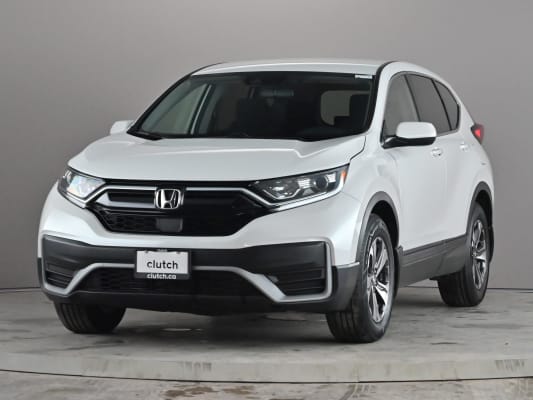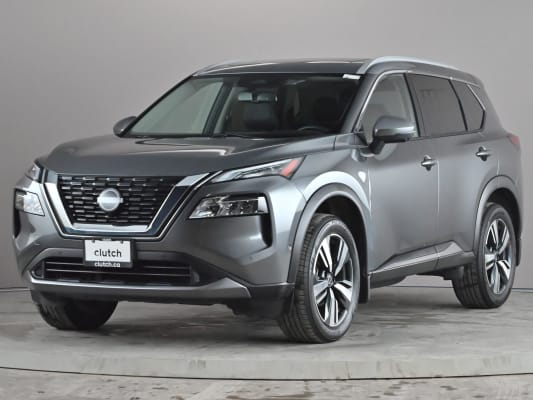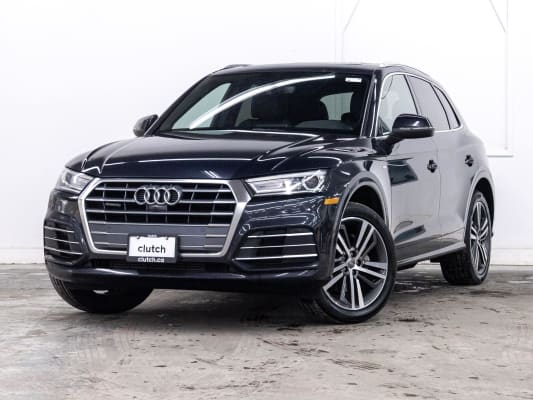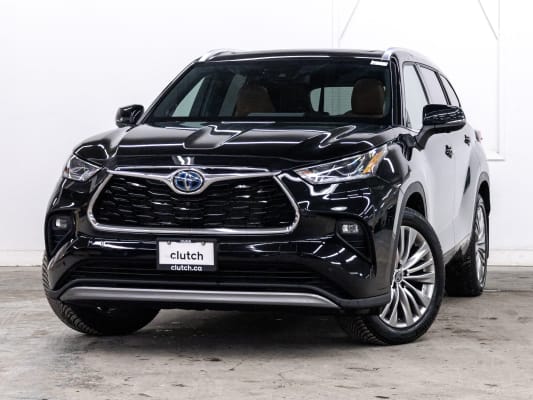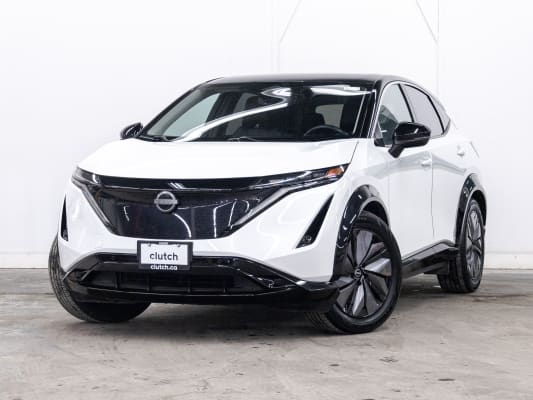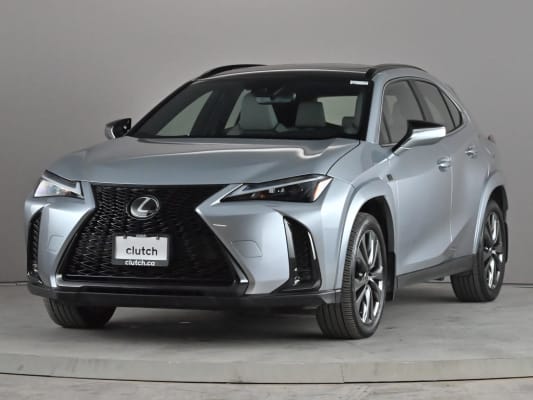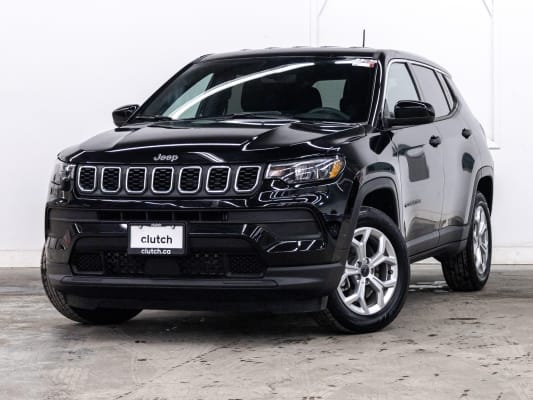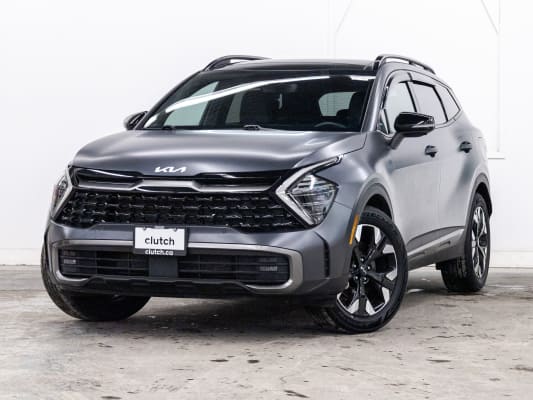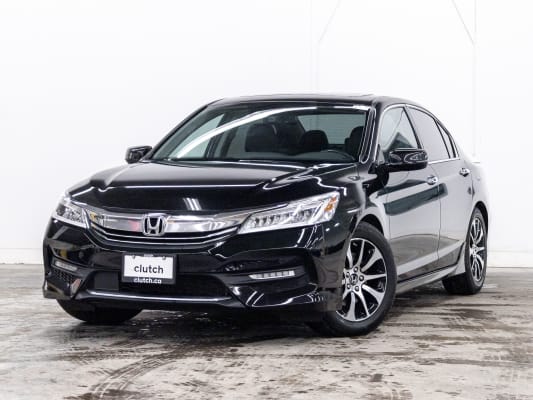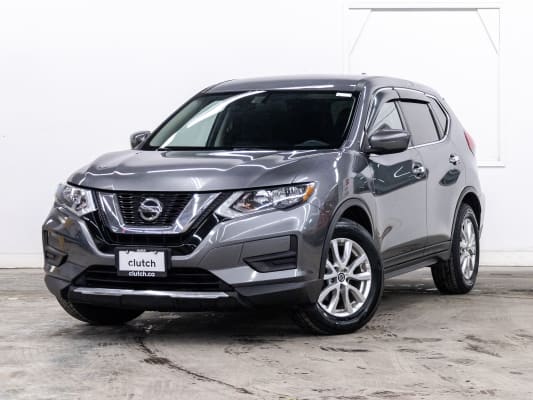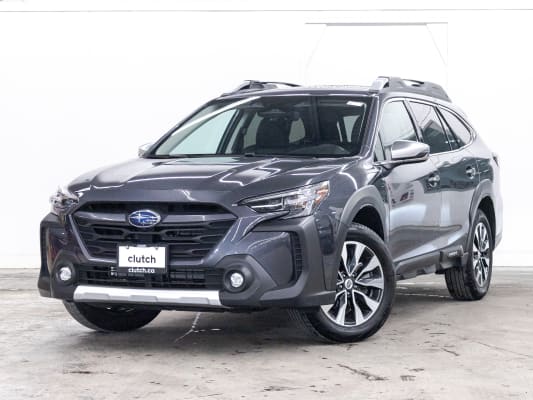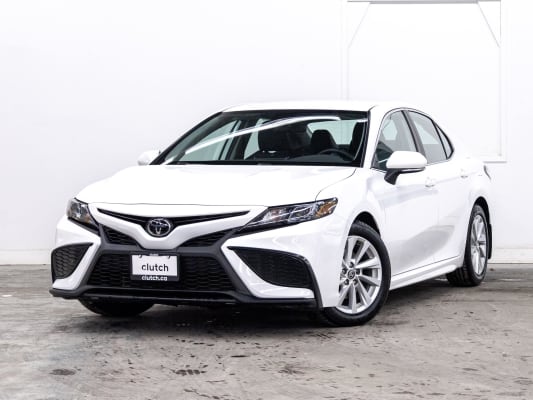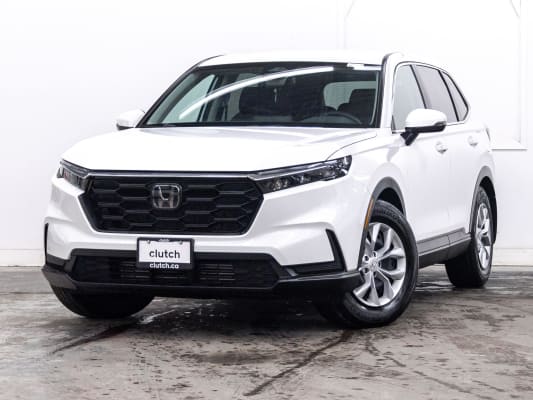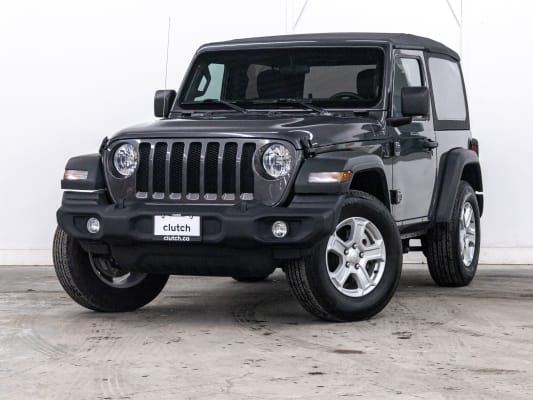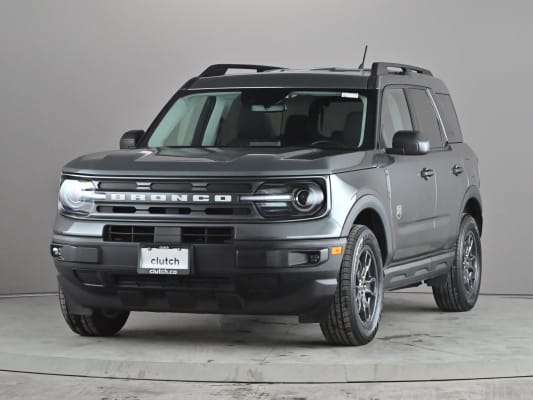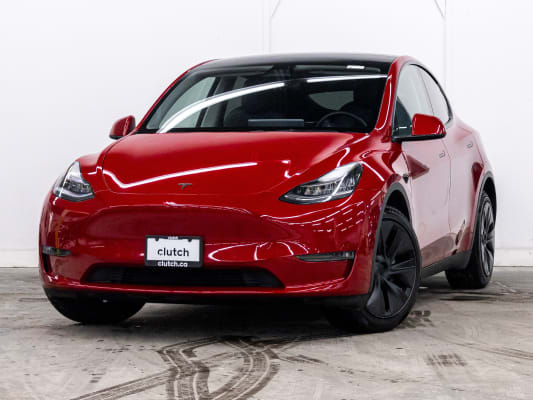The Toyota Highlander is one of the most trusted SUVs on Canadian roads, known for its smooth ride, spacious interior, and long-term dependability. Whether you're navigating winter weather in Ontario or loading up the family for a weekend getaway, the Highlander offers comfort and confidence.
But like any long-running model, not every year hits the mark.
Some Highlander model years are more likely to come with mechanical problems, transmission quirks, or early tech bugs that can turn your ownership experience into a hassle. And while many of these issues were eventually fixed, buying the wrong year without doing your homework could mean expensive repairs or frustrating trips to the shop.
In this guide, we’ll highlight the Toyota Highlander years to avoid if you're buying used in Canada, explain the most common issues, and point you toward more reliable alternatives that offer better peace of mind.
Quick Summary: Toyota Highlander Years to Avoid
While most Toyota Highlander models are known for long-term dependability, a few model years are more likely to cause trouble. If you're shopping used in Canada, be cautious with the following:
2001–2003 Highlander: Early Transmission and Safety Limitations
The first-generation Highlander was a strong start for Toyota’s crossover lineup, offering car-like comfort with SUV practicality. However, the earliest model years—especially 2001 to 2003—show more wear-and-tear issues today and come with some notable mechanical and safety drawbacks.
These models are more likely to develop transmission wear or failure around the 200,000 km mark, particularly on AWD versions. Parts are also harder to find for earlier Highlanders, and some of the tech—like anti-lock brakes and side airbags—was limited or optional at the time.
Why these years are risky:
- Early transmission failures more common on AWD trims
- Fewer standard safety features (no curtain airbags on base models)
- Age-related wear adds up, with rust, seals, and electronics more likely to fail
Better alternative:
The 2006–2007 Highlanders had improved drivetrain reliability and offered more standard safety features—making them a much safer bet if you’re shopping on a budget.
2008–2010 Highlander: Oil and Engine Issues
The second-generation Highlander introduced a more spacious design and smoother ride, but early years from 2008 to 2010 were affected by engine-related concerns that can be expensive to fix.
Many owners reported oil leaks from the timing cover, valve cover gaskets, and other engine seals—especially on the 3.5L V6. Some 4-cylinder models also experienced excessive oil consumption between changes, which could lead to engine damage if left unchecked. Toyota acknowledged some of these problems in service bulletins, but not all repairs were covered outside of warranty.
Why these years are risky:
- Timing cover and valve gasket leaks are labour-intensive to repair
- Oil consumption can lead to low oil levels and internal wear
- Brake wear was also more common in earlier second-gen models
Better alternative:
By 2011, Toyota had addressed many of these engine and gasket issues. The 2011–2013 Highlanders are far more reliable and still offer excellent performance with fewer surprises.
2014–2016 Highlander: Transmission and Tech Complaints
The third-generation Highlander debuted in 2014 with a more modern design, improved ride quality, and updated safety features. However, the early years of this generation—especially 2014 to 2016—had noticeable issues with drivetrain smoothness and infotainment reliability.
Drivers reported hesitation during acceleration, gear hunting at highway speeds, and abrupt downshifting from the 6-speed automatic transmission. These issues were often tied to poor transmission tuning, not mechanical failure—but they still made daily driving frustrating. In addition, the infotainment system in these years could be laggy or unresponsive, with problems connecting to Bluetooth or freezing mid-use.
Why these years are risky:
- Unrefined transmission tuning leads to inconsistent driving feel
- Infotainment bugs affect usability and satisfaction
- Early wear on steering and suspension components reported in higher-mileage models
Better alternative:
From 2017 onward, Toyota introduced a more refined 8-speed automatic and updated software, significantly improving drivability and tech performance. The 2017–2019 Highlanders are far more polished.
2020 Highlander: First-Year Tech Bugs
The 2020 Highlander marked the start of the fourth generation with a sleeker design, improved fuel efficiency, and new technology. But as with many first-year redesigns, the 2020 model came with a few growing pains—particularly in its electronics.
Owners reported problems with the touchscreen system, including freezing, unresponsive inputs, or random reboots while driving. Some HVAC systems also developed glitches where the fan speed or climate controls stopped responding. While many of these bugs were addressed through software updates, not every unit was fixed under warranty, and repairs can be costly if out of coverage.
Why this year is risky:
- First-year infotainment system prone to freezing or lag
- HVAC control issues may require reprogramming or part replacement
- Some materials and build quality complaints that were improved in 2021
Better alternative:
The 2021 and newer Highlanders benefit from software updates, improved infotainment responsiveness, and more consistent interior quality—making them a much more reliable choice for tech-focused buyers.
Common Toyota Highlander Problems to Watch For
Even though the Highlander is one of the most reliable midsize SUVs in Canada, a few recurring issues have shown up across specific model years. Here’s what to watch out for:
- Timing cover and valve cover leaks (2008–2010): The 3.5L V6 in these years can develop slow oil leaks, which may require extensive labour to fix.
- Transmission hesitation (2014–2016): The 6-speed automatic can feel clunky or sluggish, especially in stop-and-go traffic or during sudden acceleration.
- Touchscreen freezing (2020): Infotainment bugs in the 2020 model can cause freezing, Bluetooth issues, or delayed system response.
- Premature brake wear (various years): Several generations have experienced faster-than-expected brake wear, especially on heavier AWD trims.
- Rust (2001–2007): Older Highlanders are prone to corrosion on the underbody, tailgate, and wheel wells—especially in provinces with heavy winter road salt.
- HVAC glitches (2020–2021): Fan speed or dual-zone climate controls may become unresponsive and need software reprogramming.
Knowing these issues can help you ask the right questions, check service records, and get a more thorough pre-purchase inspection.
What to Look for in a Used Highlander
Avoiding a bad model year is a good start—but the condition of the individual vehicle is just as important. Here’s what to check before buying a used Toyota Highlander:
- Oil leaks and consumption: Look under the engine for signs of oil seepage and check the dipstick. Ask if the timing cover or valve cover gaskets have ever been replaced—especially for 2008–2010 models.
- Transmission performance: On a test drive, pay close attention to gear shifts. Hesitation, clunky shifts, or surging can indicate transmission tuning issues in 2014–2016 models.
- Infotainment and HVAC function: Test the touchscreen, Bluetooth connection, rear camera, and all climate controls—especially in 2020 models with reported bugs.
- Hybrid battery health: For hybrid models, ask for any battery inspection reports or warranty status. Toyota’s hybrid systems are reliable, but battery checks are still smart after 150,000+ km.
- Rust inspection: Carefully inspect the underbody, tailgate edges, and wheel wells on older models (especially 2001–2007) for bubbling paint or corrosion.
- Service and recall history: Use a CARFAX report to confirm maintenance records and check that all recalls have been completed—especially for 2008–2016 models.
A thorough test drive and a mechanic’s inspection can help confirm whether a Highlander is worth the investment—or a pass.
{{inlinecta2}}
How to Shop Smarter for a Used Highlander
The Toyota Highlander is one of the most trusted SUVs in Canada—but even a reliable vehicle has a few years that are better left on the lot. If you’re considering a 2001–2003, 2008–2010, 2014–2016, or 2020 Highlander, it pays to be extra cautious.
These years aren’t always dealbreakers, but they do come with more frequent issues. If you’re still interested in one, make sure it has detailed service records, proof of key repairs, and a clean inspection. A well-maintained vehicle—even from a riskier year—can still offer excellent value.
Want to see which Highlanders are the best of the bunch? Check out our full guide to the Best Toyota Highlander Years to Buy Used in Canada to compare top picks by generation.
Ready to find a Highlander that fits your life?
Browse Clutch’s used Highlander inventory. Every SUV is inspected, includes a free CARFAX report, and comes with a 10-day money-back guarantee—so you can shop with confidence.
{{widget-1}}
FAQs About Toyota Highlander Years to Avoid
What Toyota Highlander years should I avoid?
Avoid 2001–2003, 2008–2010, 2014–2016, and 2020 Highlanders. These years are linked to problems like transmission wear, oil leaks, tech glitches, and HVAC issues.
What Toyota Highlander years should I avoid?
Avoid 2001–2003, 2008–2010, 2014–2016, and 2020 Highlanders. These years are linked to problems like transmission wear, oil leaks, tech glitches, and HVAC issues.
What Toyota Highlander years should I avoid?
Avoid 2001–2003, 2008–2010, 2014–2016, and 2020 Highlanders. These years are linked to problems like transmission wear, oil leaks, tech glitches, and HVAC issues.
What Toyota Highlander years should I avoid?
Avoid 2001–2003, 2008–2010, 2014–2016, and 2020 Highlanders. These years are linked to problems like transmission wear, oil leaks, tech glitches, and HVAC issues.
Is the 2014 Toyota Highlander a good used SUV?
The 2014 Highlander had some early issues with transmission hesitation and infotainment bugs. Later years like 2017–2019 are more reliable and better refined.
Is the 2014 Toyota Highlander a good used SUV?
The 2014 Highlander had some early issues with transmission hesitation and infotainment bugs. Later years like 2017–2019 are more reliable and better refined.
Is the 2014 Toyota Highlander a good used SUV?
The 2014 Highlander had some early issues with transmission hesitation and infotainment bugs. Later years like 2017–2019 are more reliable and better refined.
Is the 2014 Toyota Highlander a good used SUV?
The 2014 Highlander had some early issues with transmission hesitation and infotainment bugs. Later years like 2017–2019 are more reliable and better refined.
Does the 2020 Highlander have problems?
Yes. As the first model year of a new generation, the 2020 Highlander had bugs in the infotainment and HVAC systems. Most were fixed by 2021.
Does the 2020 Highlander have problems?
Yes. As the first model year of a new generation, the 2020 Highlander had bugs in the infotainment and HVAC systems. Most were fixed by 2021.
Does the 2020 Highlander have problems?
Yes. As the first model year of a new generation, the 2020 Highlander had bugs in the infotainment and HVAC systems. Most were fixed by 2021.
Does the 2020 Highlander have problems?
Yes. As the first model year of a new generation, the 2020 Highlander had bugs in the infotainment and HVAC systems. Most were fixed by 2021.
Are older Highlanders reliable?
Highlanders from 2006–2007 and 2011–2013 are very reliable if maintained properly. However, early models from 2001–2003 may show wear and lack modern safety features.
Are older Highlanders reliable?
Highlanders from 2006–2007 and 2011–2013 are very reliable if maintained properly. However, early models from 2001–2003 may show wear and lack modern safety features.
Are older Highlanders reliable?
Highlanders from 2006–2007 and 2011–2013 are very reliable if maintained properly. However, early models from 2001–2003 may show wear and lack modern safety features.
Are older Highlanders reliable?
Highlanders from 2006–2007 and 2011–2013 are very reliable if maintained properly. However, early models from 2001–2003 may show wear and lack modern safety features.
Can a Toyota Highlander last 300,000 km?
Yes. With regular maintenance, many Highlanders last well beyond 300,000 km. Prioritize years with fewer issues and a solid service history.
Can a Toyota Highlander last 300,000 km?
Yes. With regular maintenance, many Highlanders last well beyond 300,000 km. Prioritize years with fewer issues and a solid service history.
Can a Toyota Highlander last 300,000 km?
Yes. With regular maintenance, many Highlanders last well beyond 300,000 km. Prioritize years with fewer issues and a solid service history.

.avif)



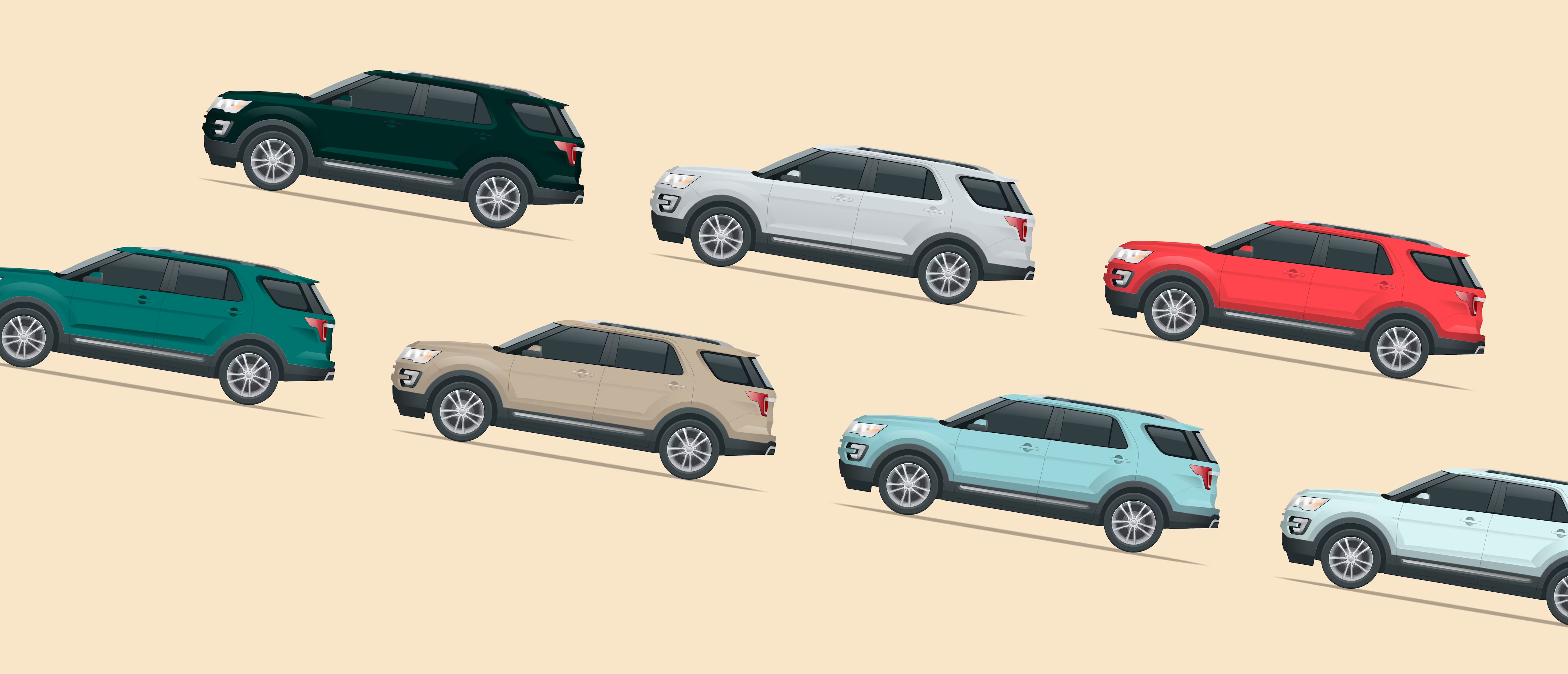

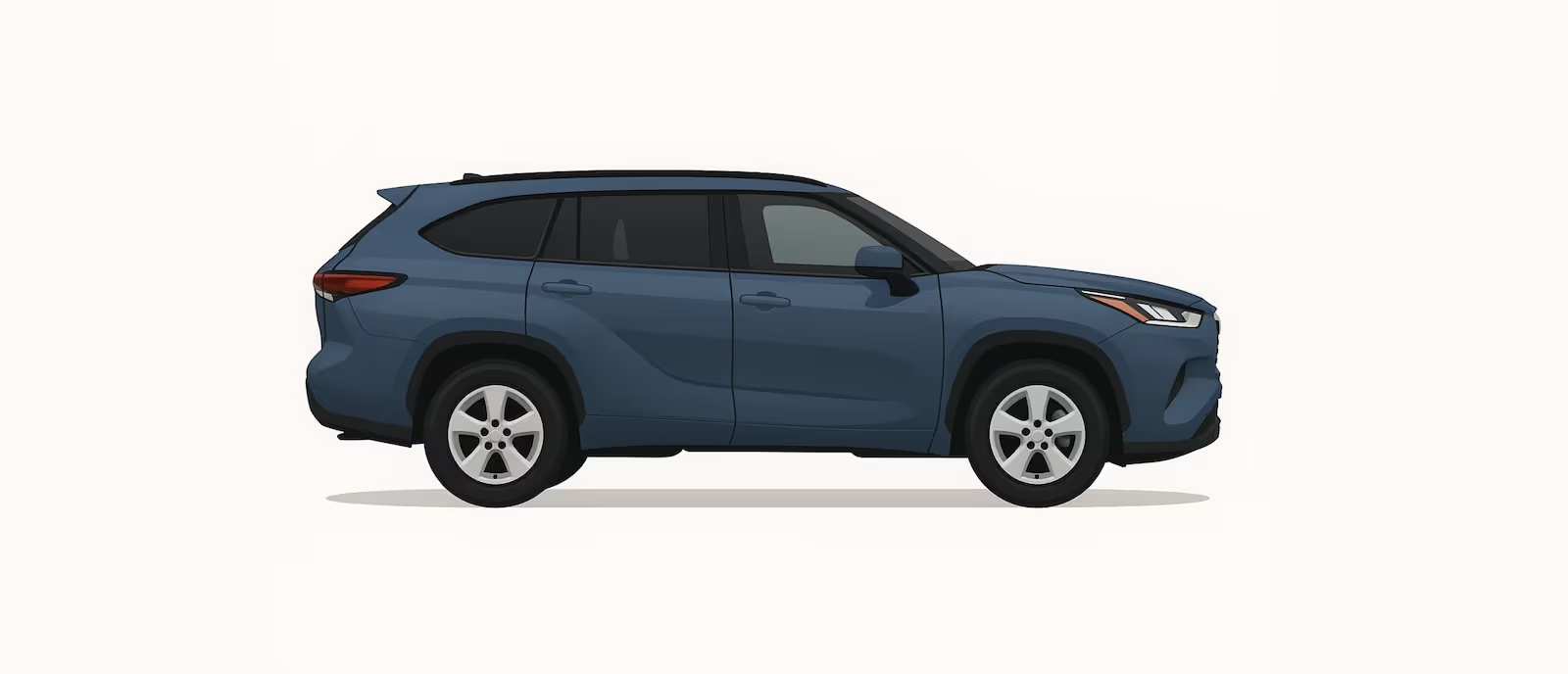
.avif)
